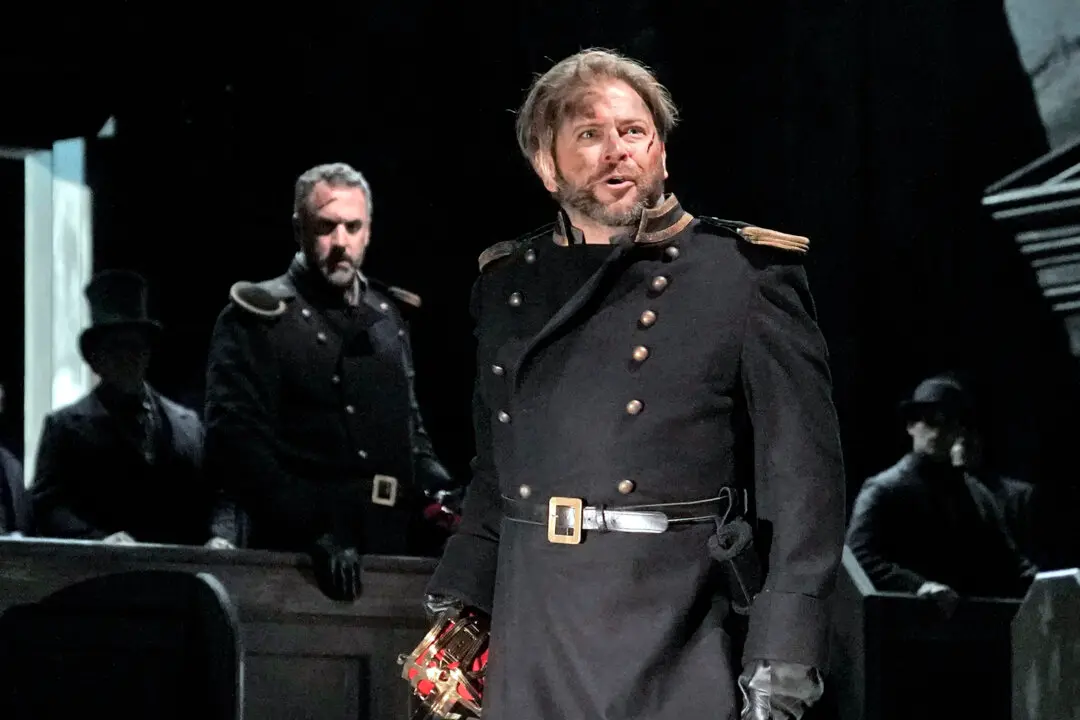In honor of St. Valentine’s Day, February has come to be recognized as the month of love. Whether you plan to spend Cupid’s Day with your beloved, your family, or just your dreams, you can celebrate this sentimental holiday by watching a romantic movie. Some of the most charming romantic films ever made come from Hollywood’s Golden Age (1934 to 1954).
Beyond iconic romances such as “Casablanca,” whose name is still recognizable 80 years after its release, countless forgotten masterpieces have equally thrilling love stories, such as “The Story of Three Loves” from 1953. If you appreciate dramatic plots, traditional arts, and beautiful cinematography, this film is worth watching.





